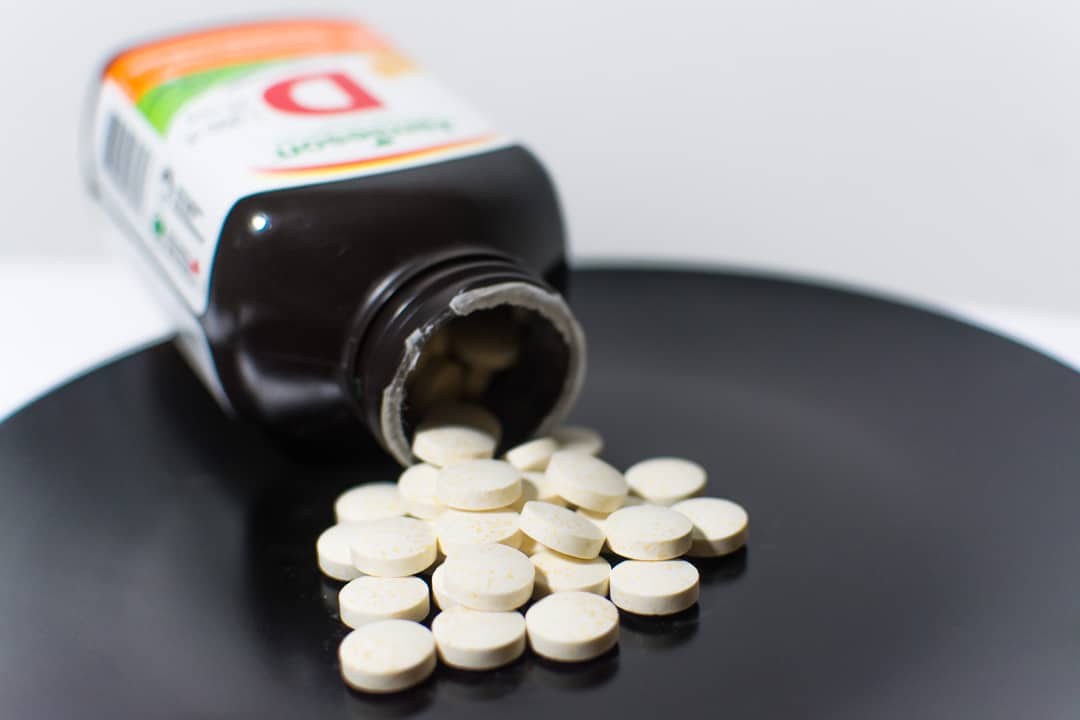If you think overloading kids on vitamin D is going to scare away runny noses in the colder seasons, you should think again. A new study published by the Journal of the American Medical Association shows that, contrary to popular belief, higher-than-standard doses of vitamin D do not seem to do much to curb common colds in kids between the ages of one and five.
The study was conducted by Mary Aglipay, an epidemiologist at St. Michael’s Hospital, and other pediatricians and researchers around Ontario. According to Aglipay, vitamin D has been thought “to have… anti-inflammatory properties, especially in the lungs.”
“[It’s] cheap, it’s relatively accessible to everyone and… it was thought that maybe this might be some sort of miracle drug.”
However, Aglipay notes there have been very few clinical trials that have tested this hypothesis.
The study looked at 703 children who were all part of a research initiative based at St. Michael’s Hospital known as TARGet Kids! The researchers performed a randomized clinical trial in which each child was randomly placed into one of two groups, with each group receiving a different dose of vitamin D.
The high-dose group received 2000 IU of vitamin D per day, and the standard-dose group received 400 IU of vitamin D per day, which is the dosage recommended by the American Academy of Pediatrics. These doses were administered for at least four months between September and May.
During the winter months, the parents were instructed to collect nasal swabs of their kids. The researchers then tested the swabs to confirm the diagnosis of upper respiratory tract infections (URTIs) and recorded the number of instances of URTIs in each group.
At the end of winter, the difference in the mean number of occurrences of URTIs per child between the two groups was calculated and found to be insignificant, indicating that the discrepancy in vitamin D intake did not have an effect on the manifestation of URTIs in children.
But before parents start chucking out their vitamin D supplements, Aglipay pointed out that this study only tested a standard dose of vitamin D against a higher dose. They did not investigate the effects of a zero dosage, as it would have been unethical.
This study concluded that, for kids ages one through five, a higher dose of vitamin D is not necessarily better for fighting UTRIs. Still, Aglipay noted that “there has been previous research that vitamin D supplementation, perhaps during pregnancy, can be protective against things like wheezing in a child.”
Aglipay concluded that vitamin D “may or may not” be important at different stages of life.


